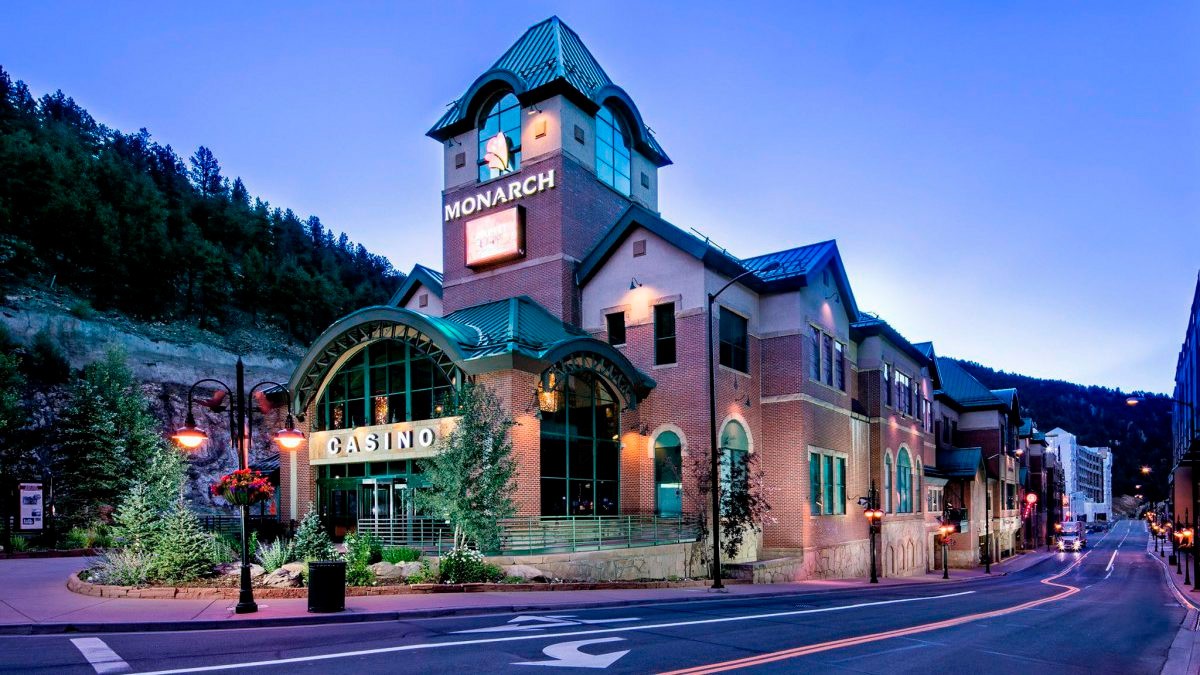It isn’t news that Colorado voters have divided the state ballot on gaming issues in earlier years. Those issues supported by existing casinos such as the legalization of sports betting in 2019 or the extension of casino hours in 2008 have passed, while those brought up by external interests, such as an attempt in 2014 to extend casino gambling to horse tracks, have failed.
Colorado to The Polls
In less than a week, Colorado voters in Black Hawk, Central City, and Cripple Creek will have the responsibility to approve or vote down an amendment to the constitution of the state that would authorize towns with gaming properties to decide independently whether to expand gambling activities or not.
The casino industry of the state feels optimistic about Amendment 77. David Farahi, Colorado’s Gaming Association President, said the referendum in its most fundamental form, is a local-control initiative that could also raise tax revenues and create jobs. Considering these two points as sources of economic upturn would most likely resonate positively with voters across the state.
This referendum, known as Amendment 77, will encourage Colorado players to play in the state and thus contribute to the growth of the state’s economy. If approved on November 3rd, the ballot referendum would pave the way for casinos to offer more games, and so remove the limit on how much a single bet can be wagered (this is currently pegged at $100).
Currently, casinos have slot machines, and the games permitted include blackjack, craps, roulette, and poker. Colorado Public Radio, in a report, suggested that the state could add baccarat to casinos. David Farahi said this would mean that residents of the state are less likely to visit Las Vegas to play baccarat. A ballot measure to increase gambling activities in the state could result in more Colorado gamblers playing at home, and perhaps tourist gamblers from nearby states coming in.
In state law, the allocation of gaming tax profits for community colleges will be changed to provide distributions to programs that promote student retention and improve credential completion.
This is not the first time the casino industry has gone to voters in back-to-back elections to ask them to improve the ways people in Colorado can gamble, and this time they will do so without a bipartisan union of state elected officials, unlike in 2018.
Amendment 77
Some organizations are actively lobbying against Amendment 77. In their opposition, they question if this is a good time to expand a practice that can intensify established financial hardships when violated. In justifying their opposition in their ballot guide, the representatives of the Centennial Institute, a nonprofit organization at Colorado Christian University, wrote that gambling affects communities negatively, and more gambling activities mean more negative effects.
Meanwhile, the narrow definition of acceptable games in Colorado does not include a range of table games that are big in foreign casinos, but rather games that virtually unknown to the average Colorado resident. Adding these games may not bring in a tidal wave of new customers, but it would make Colorado casinos more desirable to tourists and newcomers, who were growing in number before the coronavirus pandemic hit.
There is no denying that the passage of Amendment 77 holds the likelihood of more job opportunities within the state. Casinos are likely to increase blackjack and poker tables and include baccarat, thereby enticing gamblers with more variety and bringing about the employment of more dealers. Having more card games available may result in a reduction in slot machine numbers, but this is not likely to affect employment negatively.
Each of the three towns, Black Hawk, Central City, and Cripple Creek, will hold a local election to vote on whether to change betting limits and add new games if the referendum is approved by voters statewide in November. The earliest the change in the constitution can take effect is May 1, 2021.




